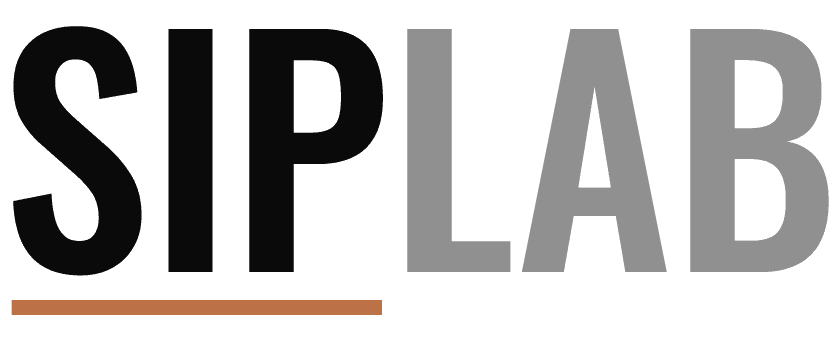Type
ConferenceDate
2024Authors
Quirouette, M., Batista, C., Spallanzani-Sarrasin, N., Maier, K.Defence lawyers working in lower criminal courts are increasingly invited to be 'holistic' and to consider a range of options including specialized therapeutic justice programs like drug treatment courts (Van Cleve 2012). While criminal justice system is adjudicative by design, in practice, marginalized accused are often processed under managerial (Resnik 1982; Kohler-Haussmann 2013, 2014) or therapeutic (Wexler & Winnick 1996) models of justice. For the defence, this raises new ethical and practical challenges and questions. Scholars have been critical of specialized courts, showing how they circumvent the principles of presumption of innocence (Hannah-Moffat and Maurutto 2012), imposing onerous conditions and surveillance for participants (Moore and Lyons 2007; Moore 2014), often lacking the resources required to support participants long term (Quirouette et al 2016). What is not known however, is how criminal defence lawyers navigate this setting, advising clients or participating in drug treatment court (DTC) programs. Our paper examines this very question, drawing primarily from qualitative interviews with defence working in private practice and with legal aid, in two Canadian urban centers (n=102). We report on what participants said about their experiences, impressions, and strategies. Based on our thematic analysis, we present 3 key themes (1) when and why DTC can be desirable, (2) when and why DTC is undesirable, and (3) practices outside DTC's borrow from the form and logic. We present these findings and discuss their relevance, raising questions about access to health and social support resources, about interdisciplinary interventions and about the ways in which people are criminalized rather than helped.
